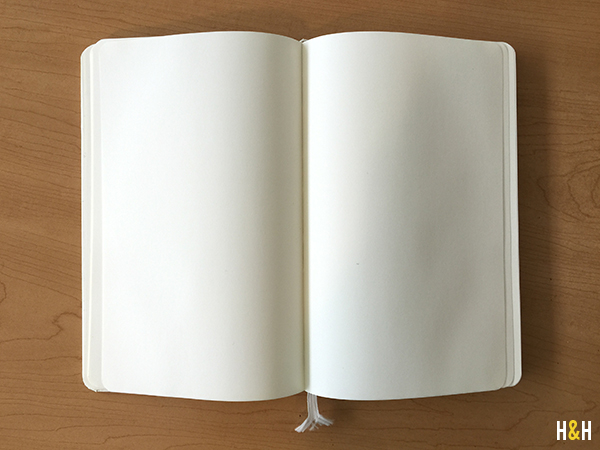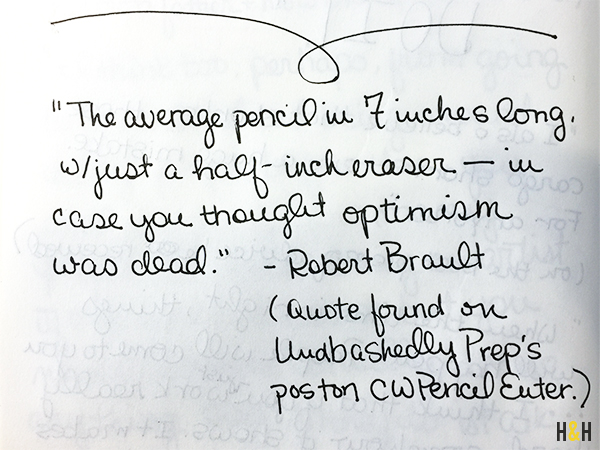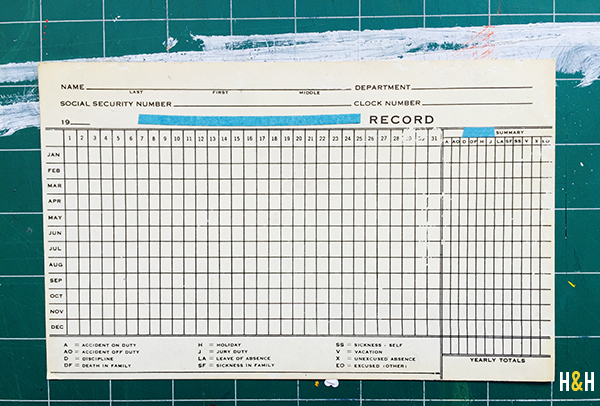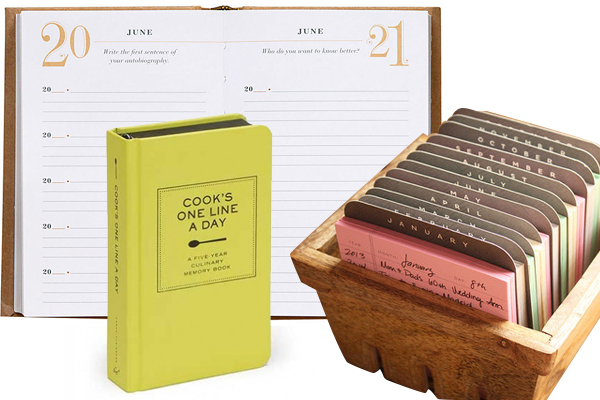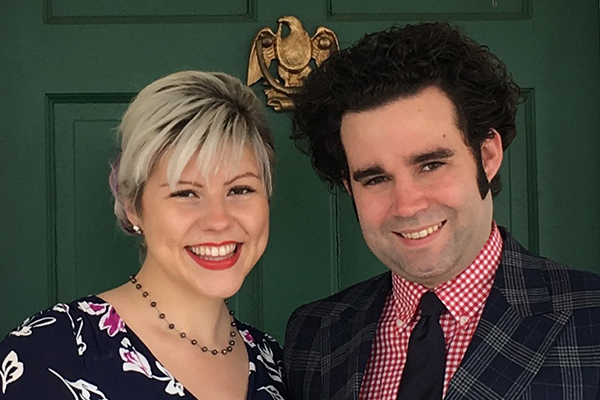Last week, several things popped up on my radar that I couldn’t help but comment on. A couple were from a different but equally reputable news sources (NPR and the New York Times) while others were bloggers or instagram superstars speaking about the power of notebooks, paperbacks, and pencils. Yet they all were talking about some version of the same idea: Paper is a novelty that people can’t believe is still a thing. So today, I just wanted to record a few things that came to mind when I realized people were using the internet to say, “Paper is cool.”
Thought #1:
I have a friend who is collecting special edition notebooks–more specifically Aaron Draplin’s Field Notes. When I heard Draplin speak a couple of years ago, I got really excited about these notebooks because he put a lot of thought into them. They were modeled after the notebooks that farmers would keep in the pocket of their overalls in the early 20th century and the kind that we found stacks of when my grandparents died. They were simple to make and meant to be used. And yet, my friend is hesitant to use them.
We live in the age of the internet where people put up numerous Facebook posts and instagram posts a day. (Did you see the #donutday #selfie?) But the written word is still sacred. There is both a tangibility and a permanence to that moment that you are writing. It begs the question:
What would be worthy of record?
Thought #2:
I read recently that students who write in notebooks retain more information because they must hear and then process the information before actually writing it down. Think about it, writing is a physical act. You must think about what you’re writing next and you don’t want to mess it up because the paper has no CTRL+Z action. Another quote I found last week:
Thought #3:
Does the act of writing make you feel more open to new ideas? I recently posted an article I found called “How Nostalgia Fuels Creativity” that said we often open ourselves up to new ideas when we feel nostalgic. I like to think it’s sort of like Linus with his blue blanket–feeling nostalgic comforts us enough to feel empowered.
Because a majority of us now spend more time in front of a screen than ever, is the act of writing considered nostalgic? Does it open us up to new ideas? I’ve recently read about people who keep journals–writer David Sedaris for instance–and how the of recording helps them work through situations. And, to be honest, I definitely find this to be the case with my own work.
I’ve carried a notebook with me everywhere from a very young age. (And yes, my favorite book was Harriet the Spy.) Whether it’s a website or a blog post, most everything starts with a doodle or a series of quickly scribbled notes. So I suppose the point of this entire post may just be to tell you that I’m cool. I’m trendy. And gosh-darn-it, the writers & notebook carriers of the world are poised for a takeover. Who’s with me?
